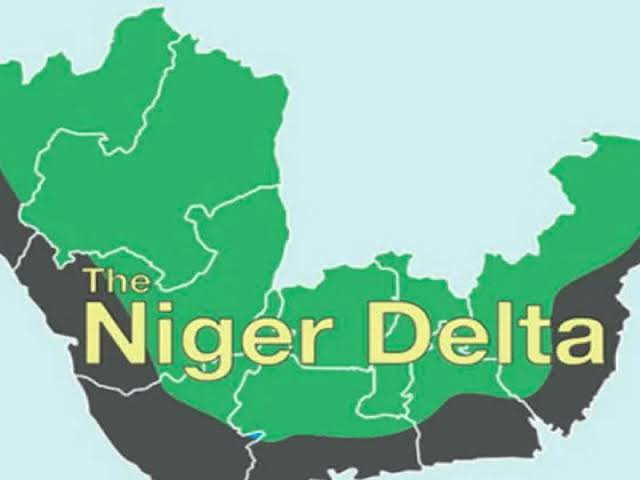…Seeks functional recycling plants for plastic wastes
By Douglas Blessing, Port Harcourt
A civil society organisation, Media awareness and Justice initiative (MAJI) has called on the Federal and state government to address marine degradation in Niger Delta waterways.
This as the African Indigenous Foundation for Energy and Sustainable Development (AIFES), has advised the federal and sub national governments to establish functional recycling plants for plastic wastes and engage scavengers to pick up the waste materials from the streets and public places for a clean and safe environment.
The MAJI made the call yesterday, in a statement to mark the 50th anniversary of World Environmental Day, signed by its coordinator, Okoro Onyekachi.
The Media awareness and Justice initiative however, decried the growing global impact of marine debris in the waterway, particularly in the Rivers in Port Harcourt, and other parts of Rivers State.
As part of its demands, the group also urged the government to take the issue of environment seriously, especially in policy making in the country.
“Environmental issue must be fundamentally repositioned in policy making in Nigeria especially in this new dispensation of governance at the state and federal levels
“That Nigerian state and federal government should not only create environmental policies nor sign international environmental pacts but should also enforce it.
“That the Federal and state government should as matter of urgency set up an all inclusive stakeholder committee to address marine degradation in Niger Delta waterways of Nigeria”.
Speaking on the theme “Beat Plastic Pollution”, Onyekachi said the uncoordinated approach of waste management by agencies of government is largely responsible for ineffective waste management in the Niger Delta region.
On his part, Legborsi Saro-Pyagbara, Executive Director, AIFES, expressed worries on indiscriminate activities of users of plastic materials on the ecosystem, particularly the drains, streams, rivers, other water bodies.
Saro-Pyagbara, who noted that the use of plastics cannot be avoided at homes, offices and public places, said “it is important that citizens, particularly users make conscious efforts to properly dispose them after use, considering the hazards and challenges they constitute to the environment and activities of other people”.
He said government should commission Neighbourhood sanitation agents in all local government areas, while the State Sanitation Authority be empowered to properly execute laws prohibiting indiscriminate dumping of waste without exception.
“Haven suffered the hazards overwhelmingly, we believe this year’s World Environment Day affords us the opportunity not only to draw global attention to the plights of our people living at the water fronts and in the coastal communities contending with the invading plastic flood.
“We therefore, call on government agencies and companies to provide receptacles and polyethylene bags for the citizens to use at homes, in the offices, streets, public places and neighborhoods.
It is also imperative that measures be put in place by the government to prevent and checkmate the wrongful use and disposal of these plastics by both corporate and individual citizens. We propose the setting up of monitoring agents and special marshals for community surveillance and information on the indiscriminate use of the materials”, Saro-Pyagbara added



